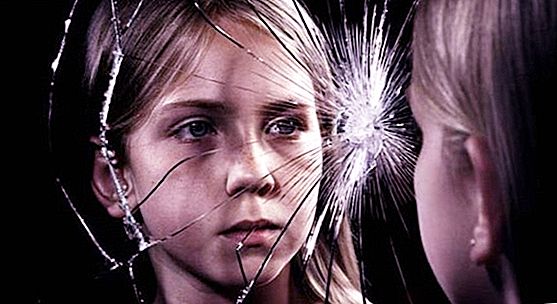Parents worry, sometimes excessively, about the possible consequences of the negative experiences of their children: will not a long business trip or divorce entail severe psychological trauma that will come to its senses in adulthood?

What is psychological trauma?
Trauma is not a terrible situation that has occurred in the life of a person (adult or small). These are its consequences for the psyche. That is, when we say "trauma", we mean the price for life, the protection that the psyche developed to survive in a difficult and threatening situation for human life. Having survived the injury, the body survived, but this does not mean that it remained whole and as it was before.
When certain psychological traumatic events occur, they are stored in the nervous system along with memories - images, a picture of the event, sounds, smells.
What is dangerous psychotrauma for children
First of all, remember that injury leaves a mark. An adult, a mature person has more opportunity to cope with an injury than a child. For a child in whom the brain and nervous system have matured for 20 years (and some parts of the brain need more time), the consequences of traumatic events can have extremely serious consequences. First of all, this is the effect on brain functionality, and more specifically on the cognitive component (thinking), the emotional component and social interaction. In other words, when a child is diagnosed with post-traumatic stress disorder (PTSD), we can observe a number of symptoms that have a negative impact on the quality of life of the baby. However, it should not be considered that trauma has an irreversible effect on the life and psyche of the child.
Myth 1 - trauma has an irreversible impact on a child’s life.
No, it is not. When it so happened that the baby had to endure a difficult situation, then first of all it is worth assessing in which areas of life the injury struck. In order for the child to cope, he needs the help of a stable, supportive and resourceful adult. In other words, the best medicine for a child is the ability to safely respond to trauma, get support, empathy and a sense of stability from adults.
Myth 2 - immediately after the incident it is necessary to provide emergency psychological assistance
The child is already living the load at the time of the injury. If parents try to “make life easier”, turn their attention, cheer “so that the child forgets”, then in this case the child’s nervous system carries an even greater load. Of course, every father and mother wants to immediately ease the condition of the child and help, and we do it reflexively, because it is difficult for them to withstand the suffering of the child. So, there is the first psychological help, the principle of which is to provide basic human needs (to report what happened, provide housing, security, sleep and connect with loved ones if they were lost).
Myth 3 - after a traumatic event, the child will have PTSD
Only a specialist (psychologist, psychiatrist) can diagnose PTSD. If parents observe manifestations over a month, such as:
- a game that constantly repeats and where elements of a traumatic situation are reflected,
- sleep disturbances / nightmares (without explicit content),
- communication difficulties
- unwillingness to communicate,
- excessive impulsiveness and aggression,
- distracted attention and the inability to concentrate,
With these symptoms, you should definitely consult a specialist. But keep in mind that not all children have PTSD as a response to injury.
